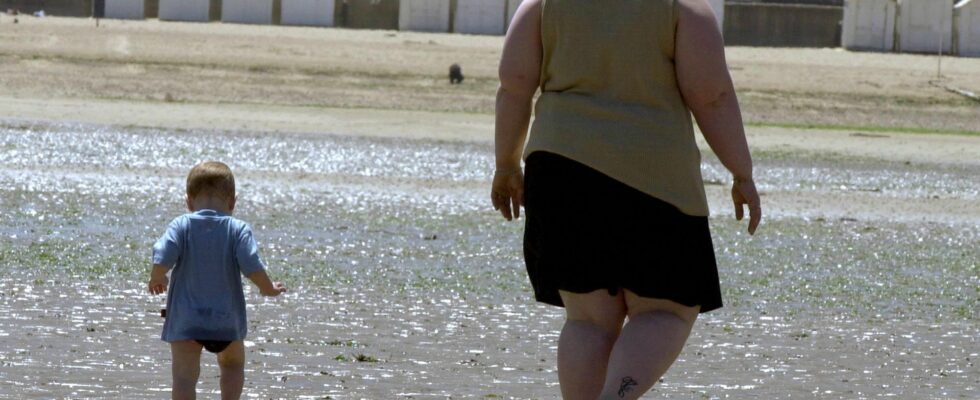During the presidential campaign, Emmanuel Macron had proposed to start a “revolution of prevention” in the medical field. The idea was good but the implementation seems sluggish. The recent figures published on obesity confirm, however, how necessary such a policy is. In France, almost 1 in 2 inhabitants is overweight (with a body mass index greater than or equal to 25). In 2020, 17% of our compatriots even suffered from obesity, compared to 15% in 2012 and 8.5% in 1997. In the north and north-east of the country, obesity affects more than 20% of the population.
This trend is problematic on two counts. First, it affects the psychological, social and professional well-being of those affected. People suffering from obesity are at risk of developing 18 associated pathologies, including chronic diseases such as low back pain, joint problems, type 2 diabetes, cardiovascular disease, stroke, cancer, infertility… most significantly reduce their life expectancy. The Covid epidemic has also been particularly deadly among obese people. In addition, people suffering from obesity are regularly subject to discrimination, in business, at school, on a daily basis and sometimes by the medical profession itself. This is the result of a lack of training in their initial curriculum. This lack of knowledge of the pathology inexorably leads to counterproductive guilt, pushing the person suffering from obesity to leave the healthcare system, which worsens their state of health. Second, the cost of obesity to society is growing. A study carried out by Asterès commissioned by Novo Nordisk within the framework of the coalition against obesity puts the figure at more than 10 billion euros per year for France, at a time when our public finances are under strain.
Obesity is a complex pathology, recognized by the WHO for twenty-five years, which involves genetic predispositions, psychological causes, behavioral (sedentary lifestyle) and environmental factors (ultratransformation of food, pollutants). The idea that obesity can only be fought by promoting dietary changes or physical exercise is false, experience shows us. Conversely, not insisting on behavioral and environmental factors, private and public, would be a mistake.
Two essential levers to fight against obesity
Collaborations at all levels are urgently needed, many avenues of work having already been raised, particularly during the General Assembly on Food in 2017 to reduce the prevalence of obesity. In this respect, two examples of levers seem to us to have to be activated. The first concerns physical activity. At the start of the 2022 school year, the President of the Republic has asked primary schools to provide thirty minutes of physical activity a day, in order to establish good metabolic functioning from an early age and best preserve the health capital of our children. . Can the Ministry of National Education provide us with the number of classes that have started to implement this measure? And for the others, tell us why they didn’t? Has a study been commissioned to measure the impact on health and school results of this novelty?
This proposal by Emmanuel Macron can be part of an effective policy to fight obesity on our children in the long term. But nothing is worse than poorly or insufficiently executed and unevaluated devices. The other lever concerns the food supply, which we know plays a considerable role. Beyond the work on marketing, consumer information and advertising, we need a structuring project in order to develop the food offer. Can the Ministries of Health and Agriculture not sign contracts with food manufacturers and distributors to gradually lower the rate of carbohydrates, salt and saturated fats present in the products offered for sale, in order to that we can feed ourselves while remaining in good health?
A policy to fight against obesity through prevention would have a triple advantage: to be positive for the health of our fellow citizens, for the regulation of health expenditure and to show the French people that public policies are everyone’s business, essential without might as well be punitive.
*Nicolas Bouzou is director of the consulting firm Asterès, essayist, and columnist for the Express. Anne-Sophie Joly is president of the CNAO (National Collective of Obese Associations).
